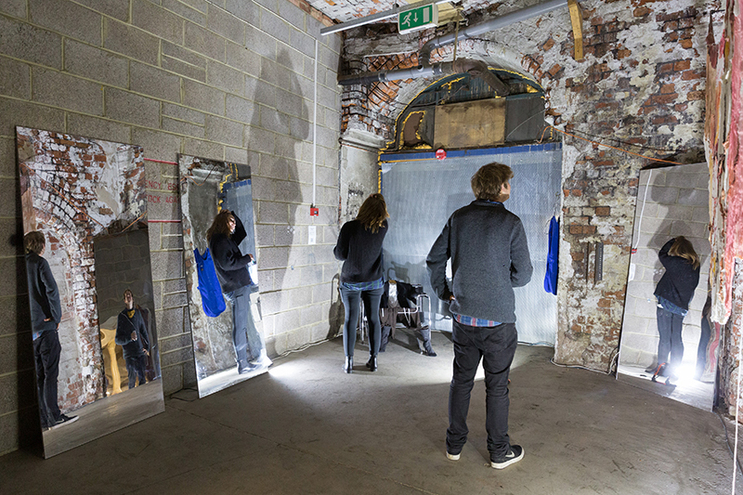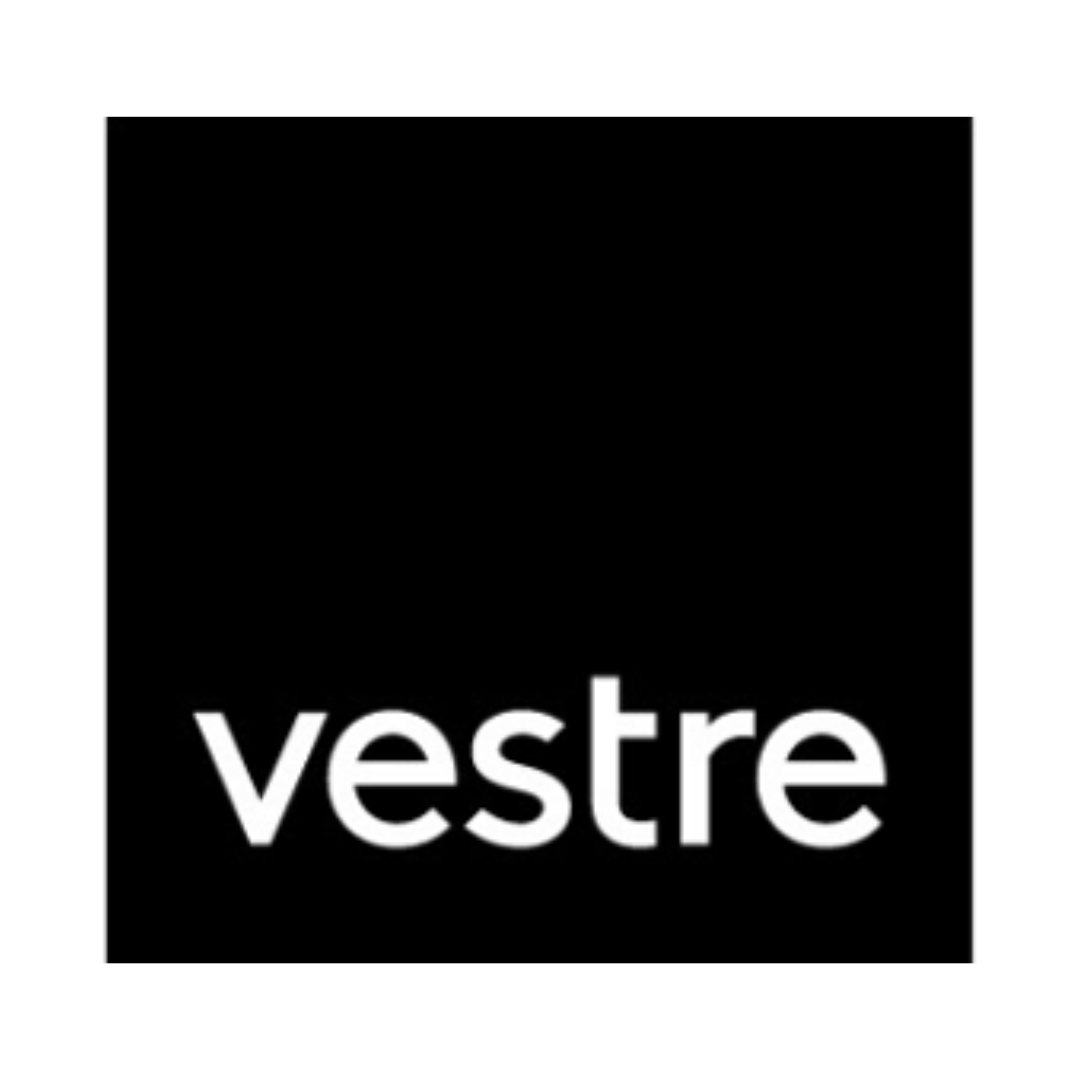Project showcase
Centre of Gravity Soapworks, Bristol - First Base

A month-long exhibition in the Soapworks building with local art collective Centre of Gravity provided a showcase for 60 artists and was curated as a mix of inspiring contemporary art, film talks and performance.
Who is the developer/client of the project?
First Base
Describe the context of this project and its contribution to the urban life and user experience of the place.
Soapworks comprises three buildings on a 2.25 site close on the edge of Bristol city centre, close to Bristol Temple Meads station and between the city’s business district at Temple Quay and cultural quarter at Old Market.
The buildings, which include a Grade II-listed former soap factory, date back to the 1860s and have been at the heart of Bristol’s economy for generations.
In 2019 First Base acquired the site with a vision to revitalise the site as a new mixed-use district, comprising flexible workspace, over 240 homes, cafes, restaurants and community spaces. The scheme has been designed to align with Bristol’s vision to be one of the UK’s most creative and cutting-edge cities.
In 2020, as part of the long-term vision to create a vibrant creative district – and to support local artists impacted by Covid-19 and the closure of gallery spaces – First Base partnered with local art collective Centre of Gravity to activate the Soapworks building for a month-long exhibition. The exhibition provided a showcase for 60 artists and was curated as a mix of inspiring contemporary art, film talks and performance.
The installation was open to the public, in accordance with social distancing guidelines, providing a safe place for people to visit during the national lockdown and an opportunity to connect with Bristol’s creative sector.
How has this project, event or installation enlivened the place in a creative way?
Following the Black Lives Matters protests in Bristol (Summer 2020), where a statue of Edward Colson was taken down, local people were looking for a way to express themselves and to engage in culture.
The creative process started with workshops with local people; ensuring that curation would reflect Bristol’s diversity and heritage. These enabled people to share ideas and take part in different ways. A young people’s collective used the process to send postcards to young people around the world and showcase this as part of the exhibition. This not only gave them a fun and meaningful activity whilst in lockdown; they also built relationships, sharing their experience in a genuine and compelling way. This diverse group of young people debunked the theory that art is for white, middle class people.
The site sits within an area with socio-economic challenges including high unemployment and inequality of opportunity for jobs and training. The activation engaged people who were previously unable to access opportunities and bring these issues to the forefront.
The activation provided support for local artists impacted by the enforced closure of gallery and exhibition space as a result of COVID-19 – and helped to bring people together at a really difficult time in Bristol. The activation also left a legacy of arts and culture for the future development. First Base has appointed the arts collective to devise the Public Art Strategy for the development responding to the ideas, suggestions and ambitions from local people and visitors.
What do you see as the greatest success of this project?
The success of the activation can be summarised into three key areas:
1) Vital support to arts and culture sector: Bristol has a thriving contemporary art scene but gallery and exhibition space is very limited in the city – even before several national and international exhibitions were cancelled due to the pandemic. The activation of the Soapworks provided a unique showcase for 60 artists, attracted over 4,500 visitors with many more people engaging digitally.
2) Responding to the need to ensure more diversity within arts and culture: Arts and culture tends to be delivered by white, middle class men/women largely due to access. It was clear in Bristol that whilst the arts and culture scene is buoyant, the diverse group artists didn’t have a voice. This activation was able to successfully engage a very diverse community of artists including women, BAME, working class people and importantly, people who haven’t had access previously.
3) Legacy of arts and culture: this activation provided the long-term developers with a rich foundation to build on and helped to focus the need for an arts and culture led regeneration. A really compelling example is the activation encouraged the developer and the arts collective to join forces to request Bristol City Council take a different approach to public art. In detail, the Council previously required physical art, however, the local community wanted to see infrastructure that would supports arts and culture e.g. workspace, showcase space, maker space.
Please share any data or figures that support your entry, for example increased footfall, happiness surveys, event attendance and/or observed changes in behaviour. Did it make a positive economic, social and environmental contribution? You may also attach any news clippings, testimonials, or additional images or documents to support your entry.
The success of the activation of the Soapworks building can be summarised as follows:
- Exhibition space provided for 60 artists
- Over 4,500 visitors in a month-period
- Digital interaction with the exhibition via a purpose-developed website
- It created an enlivened space and safe cultural experience for the community during the pandemic
- 10x increase in social media followers and engagement
- Arts and culture engagement in local schools
Arts and culture are vital to placemaking and creating long-term value, and First Base is committed to taking a long-term view to nurturing local artists and supporting organisations.
Festival of Pineapples
24-26 February 2026
Pineapples prize giving night
April
Pineapples at Festival of Place
10 June 2026
© The Pineapples - Tweak Ltd. 124 City Road, London, EC1V 2NX. Tel: 020 3326 7238




